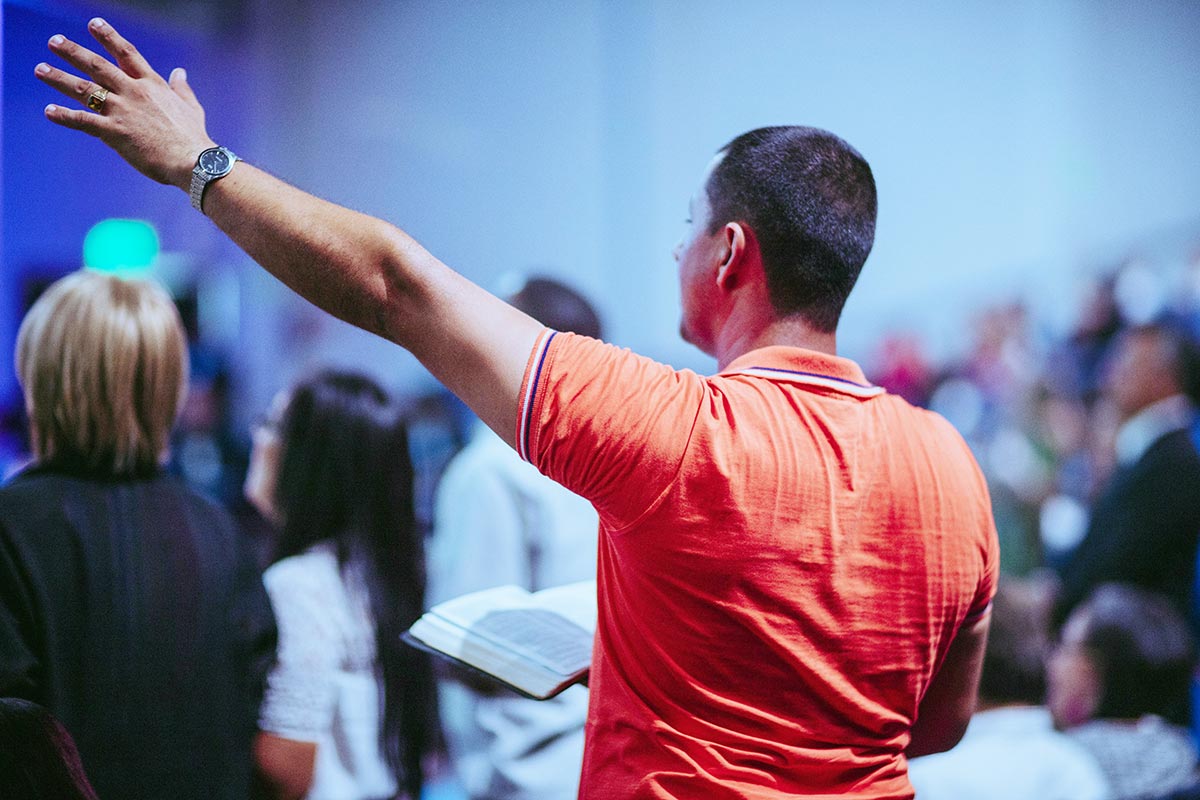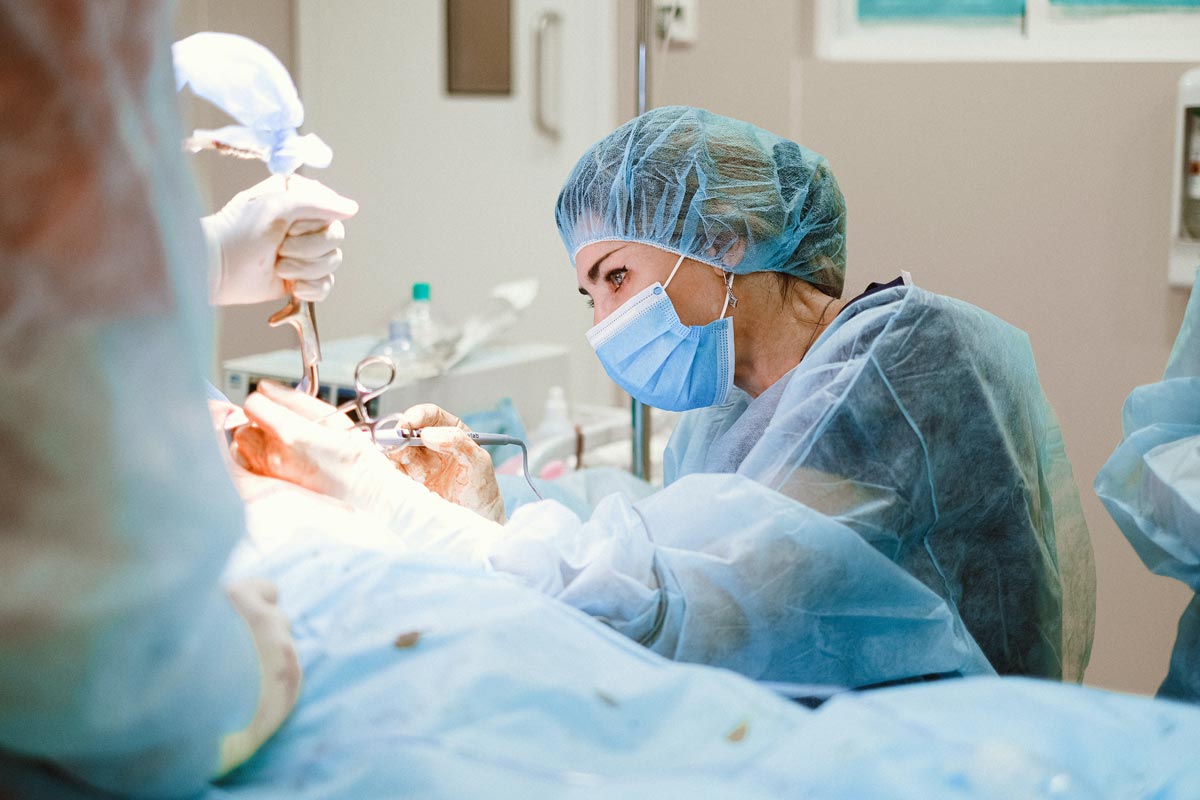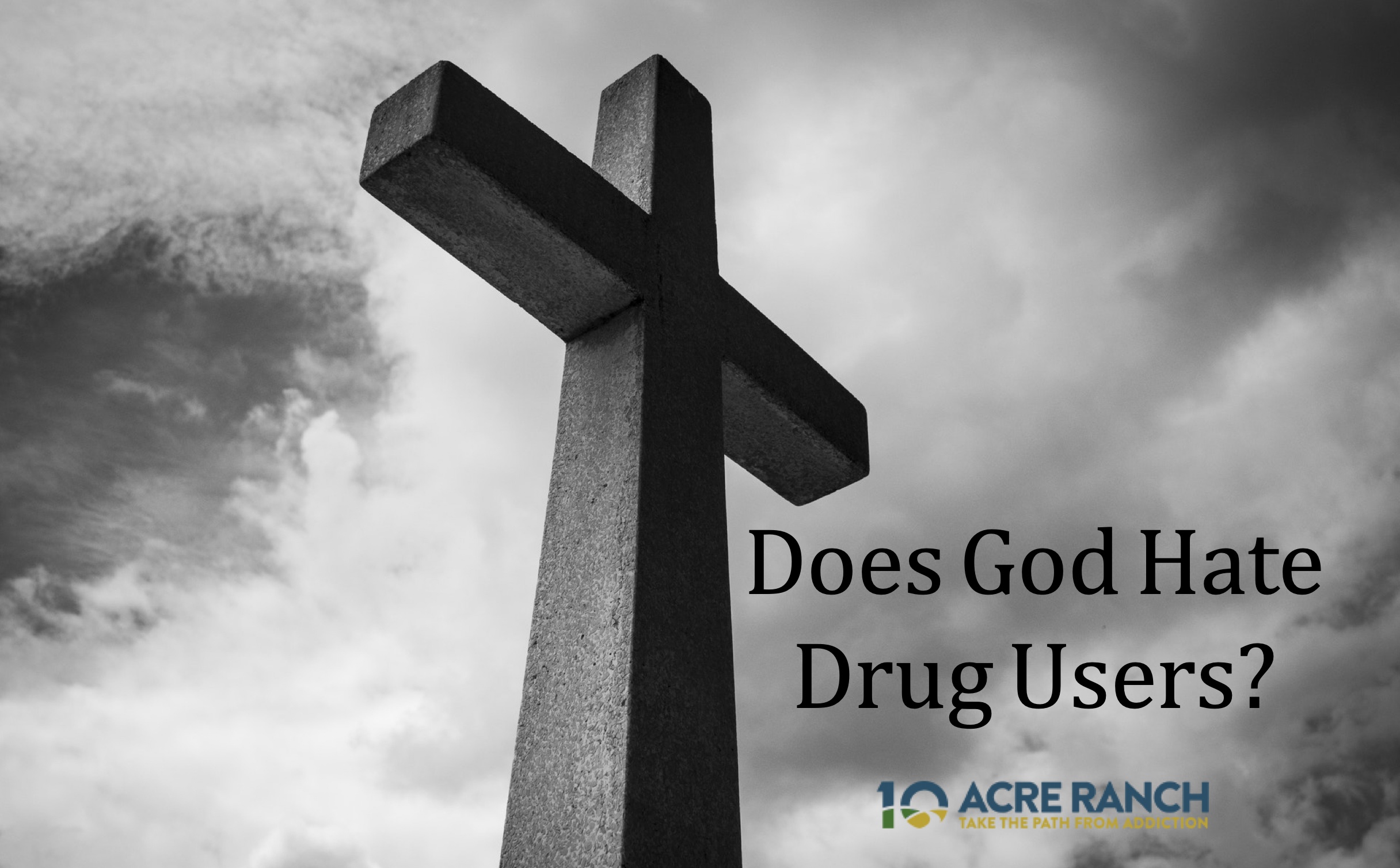How Can I Handle College Parties and Stay Sober?
 Going to college can often feel like everyone is focused on one thing – and that’s having a party. That’s very often not true, but especially in the media, college life is glamorized with parties, drugs, and alcohol front and center. But, if you’re trying to stay sober, want to take care of your health, or are in recovery from a substance use disorder, that’s the last thing you want. You might still want to take part in social life and parties – but you want to do so sober.
Going to college can often feel like everyone is focused on one thing – and that’s having a party. That’s very often not true, but especially in the media, college life is glamorized with parties, drugs, and alcohol front and center. But, if you’re trying to stay sober, want to take care of your health, or are in recovery from a substance use disorder, that’s the last thing you want. You might still want to take part in social life and parties – but you want to do so sober.
Can you? Of course you can. However, it might mean staying away from some parties. It will also mean planning, putting effort into taking care of yourself, and putting effort into learning where your limits are. The following tips will help you join college parties while staying sober.
Go to Sober Parties
A lot of people aren’t aware that there are plenty of sober parties and activities on most campuses. In fact, many people try to get through college sober – which means their events and parties will generally be alcohol free. If you’re not sure, ask around the campus and even ask your counselor. Some colleges actually sponsor alcohol free parties – just because getting students to socialize more with less alcohol is the goal of any college.
If you don’t have an existing sober party set up, feel free to plan one yourself. You can decide if it’s absolutely no alcohol or low alcohol. You can also organize with your sorority/fraternity, with the college itself, or with any other group you like. Having games, a movie marathon, dancing, or any other social activity is a great theme for a party – and it doesn’t need alcohol.
Make Sure You Have a Sober Buddy
If you’re going to parties where alcohol is being served, it’s a good idea to have someone to watch your back. Here, your best bet is to try going to campus support groups like AA, NA, Smart Recovery, or LifeRing. That will allow you to meet other sober people – however, you should be in recovery from alcohol abuse to join them.
If not, you might just want to ask around to find like-minded individuals who don’t want to drink.
Why do you want a sober buddy?
- You’ll feel less alone
- You’ll feel less peer pressure to drink
- You’ll be able to talk to someone if you do experience cravings or want alcohol
- You’ll have someone to help you say no and to hold you socially accountable
The best option is to bring someone to the party with you who also wants to stay sober. However, even having someone to text or call is better than nothing.
 Know Your Motivations
Know Your Motivations
If you want to stay sober, it’s for a reason. Keep those reasons in mind. In fact, if you’re struggling with saying no to alcohol or are afraid you’ll slip up, try writing down your motivations before you leave for the party. That will ensure they are clear in your mind and you’ll have a good idea of exactly what you’re saying not to alcohol for.
It doesn’t matter if those reasons are “I want to take care of my health”, or “I deserve to experience social life sober”, or “I’ve worked too hard to be sober to give it up now”. Writing out your motivations, including negative repercussions of alcohol can help. Your reasons can be as simple as you like.
They just have to remind you why you’re saying no.
Get Your Questions Answered
 Know Your Limits
Know Your Limits
If you don’t trust yourself to say no to alcohol, don’t go to parties with alcohol. If you’re not sure if you can say no, try going only when you have support or someone to help you. Knowing your own limits is an important part of navigating life – and it’s even more important when you have to say no to things like alcohol to meet your goals.
That’s also important if you experience triggers, if you have cravings, or if you’re struggling with alcohol abuse or did in the past. What’s likely to trigger you? How can you avoid that? How can you manage that if you can’t avoid it? When are you most likely to experience cravings? How can you avoid that? How can you manage that when you can’t avoid it? What can you do if things get bad?
Understanding yourself is the first step to managing yourself. And, that means paying attention to when and how you react to things and using that information to make better decisions for yourself.
Take Care of Yourself
Getting enough sleep and eating your vegetables might not sound like the best way to avoid drinking, but it might be. Giving yourself a solid foundation of rest, exercise, and nutrition ensures that you feel your best. That also holds true with ensuring you have regular social interaction, time with friends, and time to relax and have fun. Giving yourself a stable routine with good self-care ensures that you are as mentally healthy as possible.
That puts you in the best possible position to take care of yourself. That includes not needing a release or getting drunk as much as you might if you go back and forth between not getting enough sleep and feeling bad because you’re not giving your body what it needs. It also means having more emotional stability, so you’re less likely to be invested in pleasure-seeking.
Good routines can be difficult to start and harder to maintain. But, taking care of yourself is an important part of staying sober. And, if you’re taking care of yourself in other ways by going to the gym four days a week, eating 80% healthy meals, and going to bed and waking up at about the same time every day – indulging in alcohol is going to feel a lot less like giving yourself a break and a lot more like self-sabotage, which will make it easier to say no.
Talk to People
If you’re at a college party, chances are, you know almost everyone there. That makes it relatively easy to talk to people, to say no, and to explain why you want to stay sober. Most people want to be respectful of the people around them. Most people want to be good friends. So, simply going “No, I don’t want any alcohol and here’s why” can do a lot for ensuring that people don’t offer you alcohol. It might not feel that way. You might feel like skipping out on alcohol makes you the sad looser of the bunch – but chances are, there are more people there who are also abstaining. Talking about things, making them public, and ensuring that the group knows that taking care of you means not offering you alcohol can do a lot for you getting to enjoy college parties without alcohol. And, if that’s not the case, you’re probably at the wrong parties.
If you’re struggling with alcohol abuse, you don’t have to tell that to strangers. But you should practice saying no, get comfortable with it, and learn how to exit a situation if you’re pressured instead of accepted.
College parties can involve a lot of alcohol. But, more and more often, there are also options for sober get-togethers. Hopefully, these tips help you to manage parties and to get through college without sacrificing your social life to stay sober.
If you or your loved-one struggles from alcoholism or other substance abuse please contact us today and speak with one of our experienced and professional intake advisors about our alcohol rehab, detox, partial hospitalization, and residential treatment programs. 10 Acre Ranch also has specialty tracks like our pet friendly drug rehab and couples substance abuse treatment programs. We’re here to help you recover.


 Spirituality is about connecting to the world around you including people and places. It’s about living in a careful way, designed to reach the goals you want. And, its about learning to interpret the world around you in your own way.
Spirituality is about connecting to the world around you including people and places. It’s about living in a careful way, designed to reach the goals you want. And, its about learning to interpret the world around you in your own way.
 Spirituality – Spirituality in recovery is normally used as an informal framework in which you can explore yourself and the world around you. Sometimes that will mean exploring yourself and your interactions with others. It may also involve finding a higher power (including the universe), learning to explore yourself, and learning to connect with the world around you in a meaningful way. That can be a powerful part of your recovery because self-discovery and finding out what is important to you is an important part of setting goals, figuring out where you want to be, and deciding what is good for you.
Spirituality – Spirituality in recovery is normally used as an informal framework in which you can explore yourself and the world around you. Sometimes that will mean exploring yourself and your interactions with others. It may also involve finding a higher power (including the universe), learning to explore yourself, and learning to connect with the world around you in a meaningful way. That can be a powerful part of your recovery because self-discovery and finding out what is important to you is an important part of setting goals, figuring out where you want to be, and deciding what is good for you.
 Most people don’t think of therapy as a
Most people don’t think of therapy as a 




